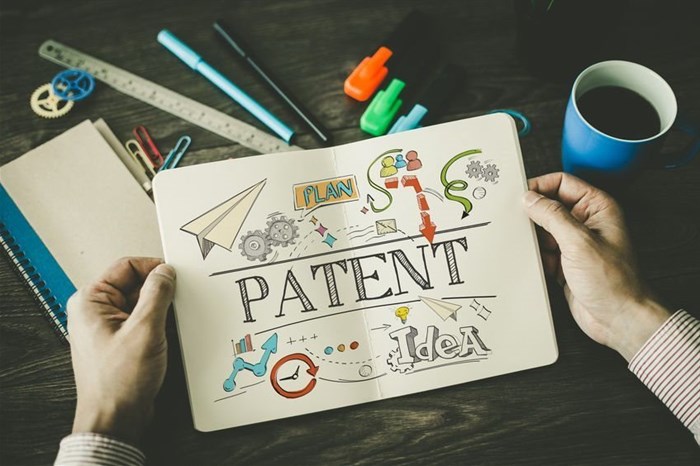In Europe, the Unitary Patent and Unitary Patent Court (UPC) are set to come into force on 1 June 2023, bringing in automatic shared jurisdiction over European patents in many EU member states. Companies with European patents that are currently in force need to prepare for the change by reviewing their European patent portfolios. Danie Pienaar, partner at Spoor & Fisher, discusses the issue.
The UPC is an international, centralised court, which has been established by certain European Union (EU) Member States of the European Patent Convention in order to deal with patent infringement and revocation for:
- European patents which have already been validated in those specific European Union Member States; and
- European patent applications which will in future be granted and validated as so-called “Unitary Patents” (UP).
At present, the EU Member States which have already ratified the Unified Patent Court Agreement (UPCA) are: Austria, Belgium, Bulgaria, Denmark, Estonia, Finland, France, Germany, Italy, Latvia, Lithuania, Luxembourg, Malta, Netherlands, Portugal, Slovenia and Sweden (hereinafter referred to as the “Ratified EU Member States”). There are also seven EU Member States which have signed the UPCA but have not yet ratified it, namely Cyprus (CY), Czech Republic (CZ), Greece (GR), Hungary (HU), Ireland (IE), Romania (RO) and Slovakia (SK).
Once the UPC comes into effect, it will automatically have shared jurisdiction over European patents which fall under the scenario, where there are European patents which have already been validated in one or more of the Ratified EU Member States. In other words, patent enforcement or revocation can then take place either before the UPC or before one or more of the national courts. One of the main advantages of the UPC is that patent enforcement can be significantly simplified when dealing with enforcement across various Ratified EU Member States. It can result in a significant cost saving, since it would not be necessary to institute separate actions in each of the national courts (ie. just before the UPC).
A disadvantage of the UPC is that it provides a central point of revocation. In other words, if a European patent is revoked before the UPC, then the patent would be revoked automatically in respect of all the Ratified EU Member States. Also, the UPC is still untested at present.
It is possible for European patents which fall under scenario (i) to “opt-out” of the jurisdiction of the UPC, by submitting an opt-out request. By filing an opt-out request, one would essentially be selecting not to fall under the jurisdiction of the UPC and, as a result, patent litigation and enforcement would need to take place before the national court of each of the Ratified EU Member States (as is currently the case).
The opt-out option will become available from 1 March 2023 till the end of a so-called “transitional period” which ends seven years after the UPC comes into effect (the transitional period could later be extended).
It is important to bear in mind that an opt-out request can only be made if no action has yet been instituted before the UPC. Therefore, although it is possible to delay the filing of an opt-out request for a number of years, it does come at a risk. It should also be remembered that it will be possible to withdraw an opt-out later, in order to restore the shared jurisdiction of the UPC and the national courts. This can only be done once. So, once an opt-out has been withdrawn, it will not be possible to opt-out again. It will also not be possible to withdraw an opt-out if an action has already been instituted in one of the national courts.
In light of the above, it is important for companies which have European patents which are currently in force, to review their European patent portfolio during the next 3 months, in order to determine whether they wish to opt-out of the UPC’s jurisdiction for some or all of their relevant European patents, prior to the UPC coming into force on 1 June 2023.

































